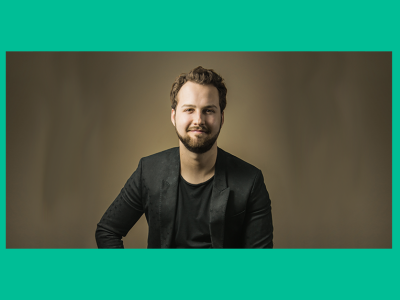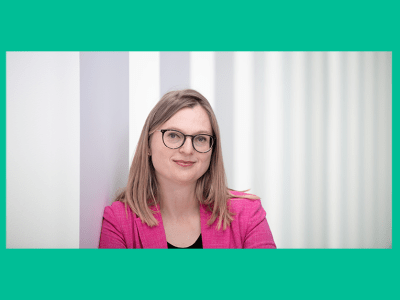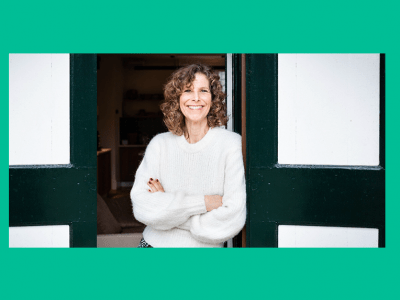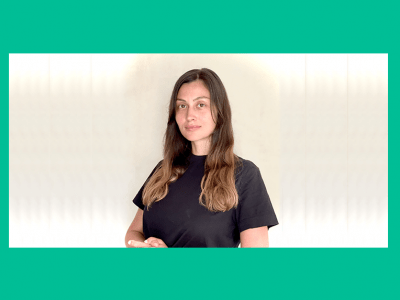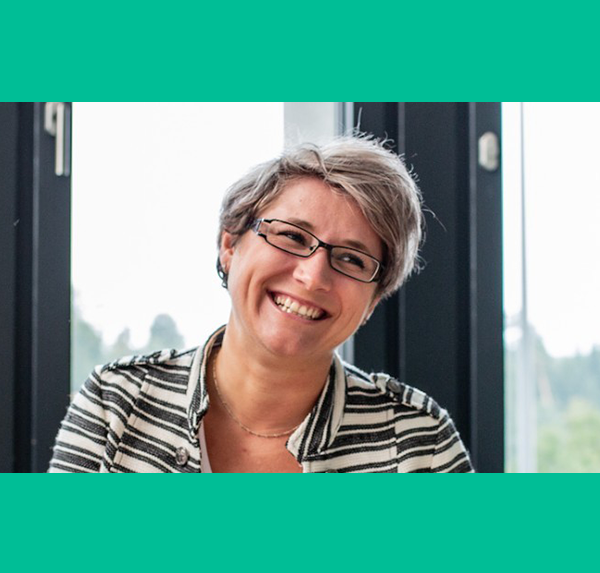EU Alumni: Sebastian Worsztynowicz
This month, we speak to Sebastian Worsztynowicz from HSBC. The EU alumnus studied a BBA at EU from 1993–1997. We asked him about his time at EU, his thoughts on the future of banking and how his career has progressed since he graduated.
Why did you choose to study at EU?
I was finishing college in Rotterdam and was making my mind up as to what I wanted to do going forward. I was considering technical studies, logistics and economics/business studies, but I wasn’t really clear on what I wanted to do in life. My first interaction with EU Business School was during a presentation, where multiple schools present themselves. After that, I knew immediately – this is where I want to go.
What really appealed to me was the international scope of EU. Not only is the school present in various countries, but the share of international students was really high. The second aspect, which was really interesting, was the approach to studying. It was the only school that was really focused on the practical side of the studies, with a lot of case studies, business simulations, lectures by business leaders, as well as professors with real business experience. Thirdly, classes are taught in English, which I really saw as an opportunity to master the language. EU stood out among all the schools I was considering.
How did studying in a multicultural environment benefit your career?
The number of languages you would hear every day was amazing. It really helped me develop my intercultural connectivity skills. You learn how to get on with people that might have a very different view on life, business, values, etc. Many people tend to view the world through their own eyes and expect everyone to have the same view. Now, if you deal with people from your neighborhood you will likely share similar history, places, friends and, most importantly, values. However, in today’s global society, you need to accept the fact that there are people with totally different views, values and approach to life. You might not understand it, you don’t have to agree with it, but you have to respect it.
I had quite a multicultural development before joining EU – I was born and raised in Poland, in a time when it was still behind the Iron Curtain – so no cultural diversity whatsoever. I moved to the Netherlands when I was 10, so that was already quite a change of my multicultural environment. EU was the next step, as the world becomes even smaller and more diversified.
What is your role at HSBC? What do you like best about your working in banking?
I’ve been working in banking for almost 20 years, always on the corporate banking side – i.e. providing financial services to companies. This is quite a broad range of services, from general day-to-day payments and settlements, through services related to financing of (international) trade, risk exposure and various types of loans. Additionally there is also the range of investment banking or ‘event’ products, like syndicated loans, equity capital markets and advisory on mergers and acquisitions, etc. For each of those services there are specialists who are responsible for that product. My role is, on one hand, to coordinate the work of all these specialists so that we deliver the best solution to our clients. On the other hand, there’s the client’s side, where you need to ensure they want to use our services, rather than those of our competitors. That’s the relationship or ‘coverage’ side, a widely used term in banking.
It’s a great job, due to it’s diversity. First, it’s the diversity of products and services you deal with. Especially in a bank like HSBC, which does practically everything. Secondly, it’s the diversity of companies and industries. That’s great, as you really get to understand the ins and outs of different industries. Thirdly and from my perspective the most interesting, is the international scope. You work with colleagues and clients from all over the world.
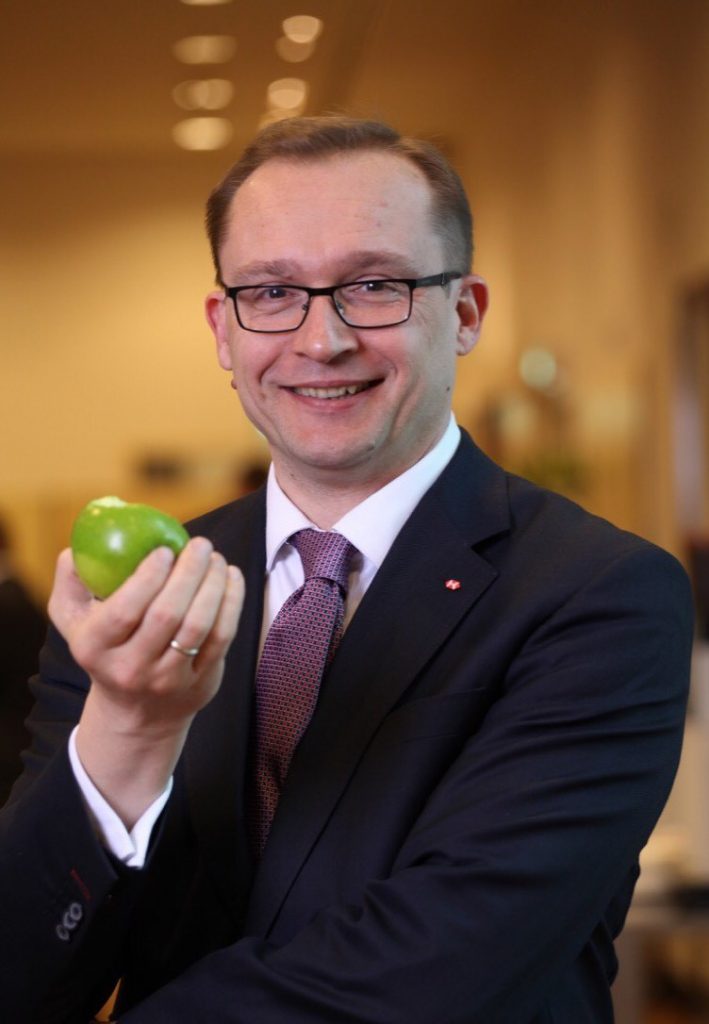
How has banking changed since you entered the industry? Did your studies at EU help you to adapt to changes?
In the 20 years that I have worked in banking, it has changed significantly. Mainly from two perspectives. Firstly, increased regulations. It’s a nightmare! No, sorry, I shouldn’t say that. These are all regulations that are put in place to make the banking system safer, especially for clients. They are also used to prevent the banking system being used for illicit activities. These regulations serve a good purpose, but the downside is the additional paperwork, documentation checks, longer processes, less flexibility, etc.
The other key development is technology, which will transform the banking and financial industry even more in the coming years. The internet has helped to create new communication channels, making the connectivity to your bank more convenient. But it has not really changed the industry as such. I do believe however, that with the development in blockchain, things like the settlement of international trade transactions will enter a new era. Also, the challenges that FinTech will pose – I think it’s going to change the industry. Look for example at crowd funding platforms – so far they have filled a gap, which banks couldn’t or didn’t want to fill. But they will soon start to compete with banks in certain areas. And I’m not even talking about cryptocurrency, which I believe is here to stay.
You speak several different languages. Is this something that you feel is important in business?
Yes and no. Currently I use either Polish or English 99% of the time. But if I didn’t speak Polish, it would be English practically 99% of the time. What I mean is that in international business, especially in the large corporate space, everyone speaks English at a level that makes doing business with them possible. There are exceptions of course, hence 99%! So, that’s the practical aspect. Now, at the same time, business is also a lot about trust. And trust is something you gain, based on a relationship you develop. And that relationship is all about showing commitment, dedication, interest and respect to your business partners. So even if it’s just a couple of words that you can speak in your business partners’ language, it helps to break the ice. I would say it’s not essential, but very helpful.
What, or who, inspires you?
One of my previous managers at HSBC, with whom I had a chance to work for three years – a really great banker from whom I learned an immense amount about structuring transactions, building teams, managing expectations and strategy. He was a great coach and a great people manager, who genuinely showed interest in people and their development – I think that’s extraordinary in today’s world. I know this is the question where you’d expect me to say Steve Jobs or Richard Branson – but it’s really different when you read a book about someone, compared with having the chance to work and interact with someone day in, day out.
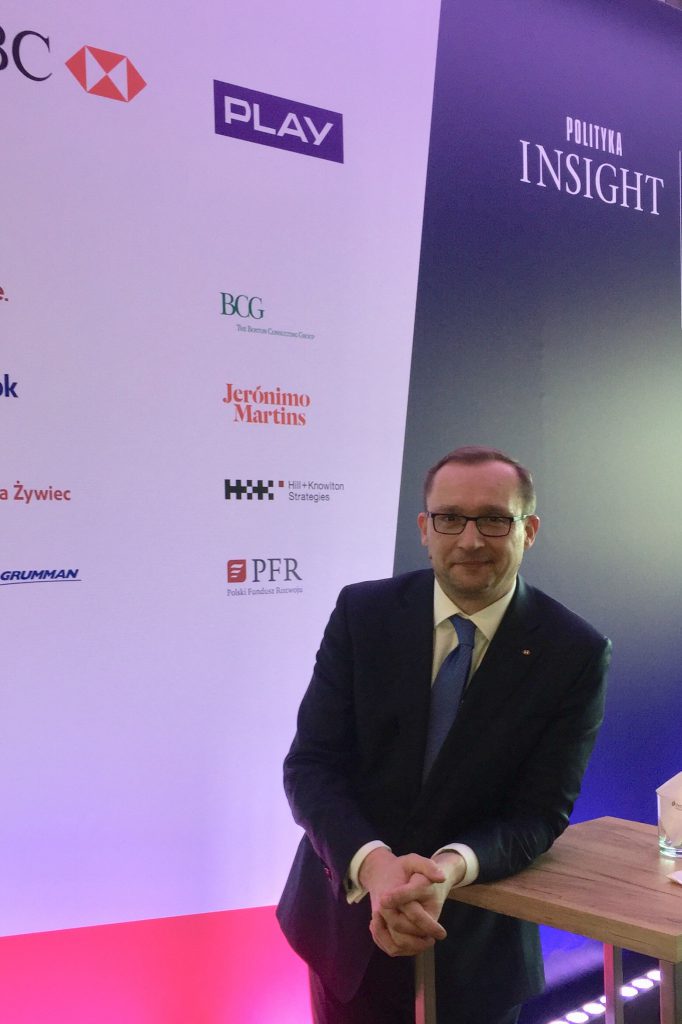
Do you have career goals, or do you live in the moment?
I guess a bit of both. I don’t really like the goal setting bit, not in my private life, or career for that matter. Obviously, in my job there are goals, targets and budgets. Also when I have a project, it’s crucial to set out a detailed plan, to which everyone commits. So, I guess my life is already filled with goals in my job. Hence, in my private life, I have decided to have dreams, not goals, with the dream being effectively a goal, but so distant that it does not stress you out in trying to achieve it. I also believe that if you hold onto that dream, everything you do in your life, will be aligned with that dream, and everything you will do will serve the purpose of its fulfillment. I guess, that gives you just a bit more flexibility in life, but at the same time provides for a life thread, or direction which you pursue.
Obviously I have some career aspirations as well. There are areas in which I want to develop, but it’s more about catching opportunities when they arise. So far, I have lived and worked in four countries. For sure, I would want to live in some more places.
Any advice for young graduates? What would you have done differently if you could repeat your time at EU?
Hmm, what would I have done differently? Perhaps drink a couple of beers less on some occasions! No, but seriously there’s actually not much I regret. Obviously, it’s easy to look at certain decisions with hindsight and say what I would do differently, and that is important from a learning perspective. But, in general, I think it makes no sense to regret decisions you have made, as long as you make them with the best intentions.
Somehow, I always tended to regret more the things I didn’t do, rather than the things I did. When you do something and it goes wrong, you learn from it, and you don’t do it again or do it differently. When you don’t do something, for whatever reason, you will never know how things would have worked out, or where you would end up. So my advice would be, be bold and just do it! Take all the chances life offers you.
There are however two principles I always follow: 1. There’s no free lunch; 2. If something is too good to be true, it will likely not be true. And don’t hurry in embarking on a career path – I know it’s very appealing, when you graduate and companies lure you with their graduate offers. You’ll have plenty of time for that. But if you have a chance to travel around the world for one or two years, that’s the time to do it. Once you start working, set up a family and have children, it’s very difficult to embark on such a journey.

